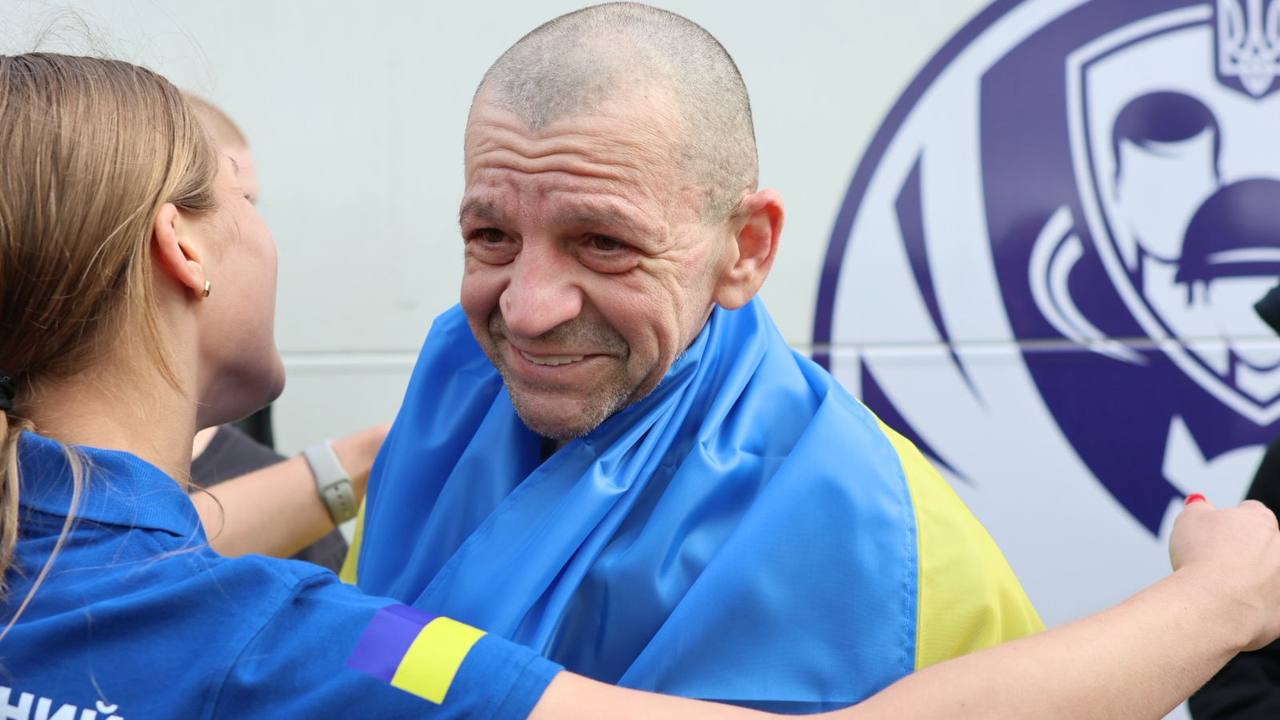Zelensky doesn't have legitimacy to sign a peace deal, Russia's top diplomat claims

The Kremlin will not accept President Volodymyr Zelensky's signature on legal documents establishing terms for an end to Russia's full-scale war against Ukraine, Russian Foreign Minister Sergey Lavrov said in an interview with NBC News released on Aug. 24.
Lavrov's remarks, furthering the Russian propaganda claim that Zelensky's government is illegitimate, come as U.S. President Donald Trump attempts to arrange a bilateral meeting between Zelensky and Russian President Vladimir Putin in hopes of reaching a peace deal.
"When we come to a stage when you have to sign documents, we would need a very clear understanding by everybody that the person who is signing is legitimate, and ... Mr. Zelensky is not at the moment," Lavrov told NBC News in an interview taped Aug. 22 and aired in full on Aug. 24, Ukraine's Independence Day.
Lavrov said the Kremlin views Zelensky as the "de facto head of the regime" but not a legitimate leader of Ukraine.
In a previous excerpt of the interview released Aug. 22, Lavrov said that the much-touted meeting between Zelensky and Putin was "not ready at all" and accused the Ukrainian president of "pretending to be a leader."
Zelensky became president of Ukraine following a democratic election in 2019. If martial law had not been imposed, the next presidential election would have been held on March 31, 2024, and Zelensky's term would have ended on May 20.
No such vote took place, because the Martial Law Act explicitly bans presidential, parliamentary, and local elections. Ukraine introduced martial law after Russia launched its full-scale invasion on Feb. 24, 2022.
Russian propaganda has repeatedly leveraged the issue of elections in Ukraine to discredit Zelensky and the Ukrainian government.
While Trump invited Putin for peace talks in Anchorage, Alaska on Aug. 15, the bilateral summit failed to yield substantial progress towards ending the war. Moscow has refused to accept a ceasefire and continues to push for maximalist demands in Ukraine, including sweeping territorial concessions.
The refusal to accept Zelensky's "legitimacy" is another tactic for obstructing negotiations and delaying a peace deal.
When asked by NBC News whether Putin was "stringing along" Trump by drawing out negotiations with no meaningful action, Lavrov refused to give a yes-or-no answer.
"It is not for the lawmakers or for any media outlets to decide what President Trump is motivated by," he said.












